Open-source Finance
Open-sourced projects are unique because of the communities that develop around them and the freedom the licence provides. The ethos of…
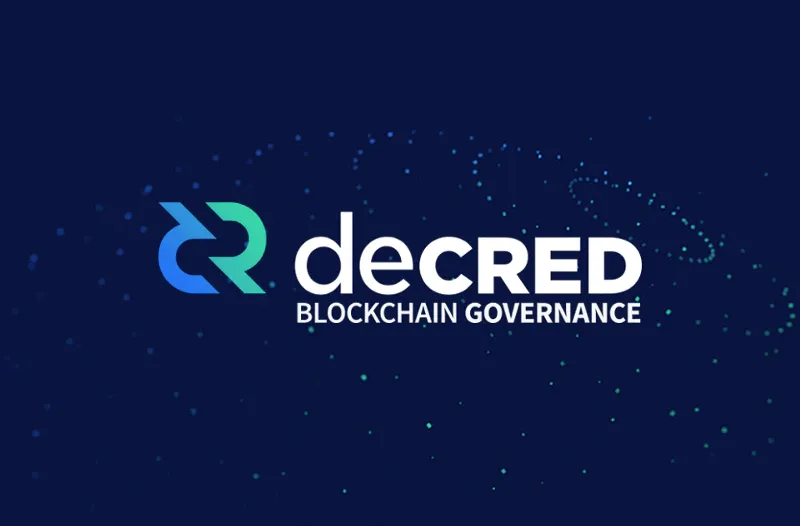
Open-sourced projects are unique because of the communities that develop around them and the freedom the licence provides. The ethos of open-source is “if you benefit from the project, give back to the project”. As a user of an open-sourced product, you are free to use, modify and create your own offshoot of the original code. These fundamental principles allow for the natural evolution of a project’s ecosystem.
The ethos of open-source can cause a few initial issues, the first being, what will stop someone stealing your code and creating a new version without giving you due credit. The truth is nothing but this, in its self, is a unique factor that drives the continuous development and promotion of a project. Open-sourced projects are also susceptible to becoming stagnant entities which might not be realised until after an investment is made. The people best positioned to tell if an open-sourced project has become stagnant are code developers who can verify and validate the codebase. As an investor in open-sourced projects, the best advice I can give is to do lots of research; evaluate the history of the project; follow the creators of the project on social media and get involved in the community.
What can we ascertain from the history of open-sourced projects?
This is easy, a large majority of them fail. A large majority of the codebases don’t remain in the original owner’s hands. A large majority of the original projects either get unethically taken over or a new offshoot becomes the dominant strain of the codebase. All this being said and as negative as it may seem you can reflect on this as evolution in its purest form.
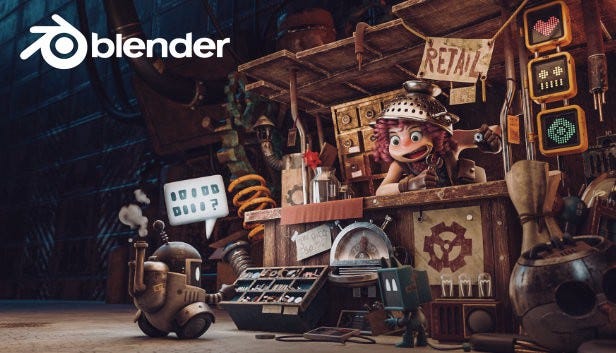
A reflection of a successful open-sourced project
Although it’s challenging to find an open-source project that has survived 20+ years and has become successful whilst the codebase remains in the original owner’s hands, there is one that comes to mind.
The Blender 3D project (blender.org), Blender is a 3D graphics software that has been around for over 25 years and to this day remains in the hand of its creator Ton Roosendaal and the community built around the project. Blender has a fascinating history and has always acted ethically and in the best interest of the project and its community.
Throughout the years’ individuals and groups have created offshoots of the Blender codebase and attempted to make it their own. During these times Ton has remained resolute “This kind of action is allowed under Blender’s open-sourced licence” our only concern is to build the best software we can and remain true to the project and the community.
Through the community, Blender has built a fantastic development team and a communication system that keeps them organised and all working towards their targets. Finally, Blender’s ethos is “remain free for everyone forever” and with this philosophy, individuals and groups tend to build their businesses around Blender, contribute to the code and fund the further development of the project.
Failures and successes are captured in history. Blender is one of those stories that show when everyone involved is acting for the good of the project its possible to achieve anything. Cryptocurrencies have the potential to improve money and make a better monetary system for everybody but until we think collectively I fear that we will simply emulate what already exists.
Points for finding common ground:
- It’s not your codebase! The majority of cryptocurrencies are offshoots of the Bitcoin codebase and since its original creator Satoshi Nakamoto is no longer with us, no project can claim the original codebase is theirs, so stop trying to. This statement also includes Bitcoin (BTC) as the development made to this project over the past few years are no longer that of the original creator.
- Give credit where credit is due — You are all very clever but if you’ve taken code from another project give that project the credit it’s due.
- Ethical behaviour — In the cryptocurrency space, there is a lot of negativity and undermining of projects that are trying to do something different in the space. Read Satoshi Nakamoto’s white paper and realise that evolution has to happen. As long as a project is working towards sound money and financial freedom for the world we are all working towards the same end goal.
- Build Businesses around the project — As a project, you should be building the tools to grow your community so that individuals and groups can branch out and build a living from the project. “Built it and they will come!”
- Trust — If you lose the trust of your community your project will fail. Build a system that is flexible and can develop over time. Don’t change the rules!
- Loyalty — Build a system that rewards activity, action and the longevity of the project. Remember financial rewards rarely build loyalty, for most people they want to feel and believe that they are apart of something important.
- Community — Remember if you don’t have a community that believes in what you are doing you won’t grow. Build a great team!
- Narrative and history — The story of your project will form the core believes of the project.
Funding mechanisms
Funding is one of the main concerns for any project but if you build a successful community that is incentivised to do the right thing and you provide them with the tools they need, the funding in this environment will come naturally.
- DAO — A lot of recent crypto projects have built-in treasuries to help fund the project. These are great but I would warn strongly against the over-reliance of using the treasury to fund everything in the ecosystem. As a rule of thumb, a treasury should be predominantly used to fund core development implementation or critical work.
- Community fund — A community fund can be used to build and maintain the tools that the community have asked for.
- Books — Sold on the website to explain or demonstrate all aspects of the project. One of the most vital books for any crypto project is to teach developers how to develop on the platform.
- Merchandise — Caps, T-shirts, bands ect.. sold on the website
- Membership — For business development and support, tutorial, training and advanced assets
- Project Sponsors — Businesses and individuals contribute monthly to keep development active and have their brand presented on your website
If you build the tools and resources for your community you will have no problem getting the community to fund further development to help improve the project.
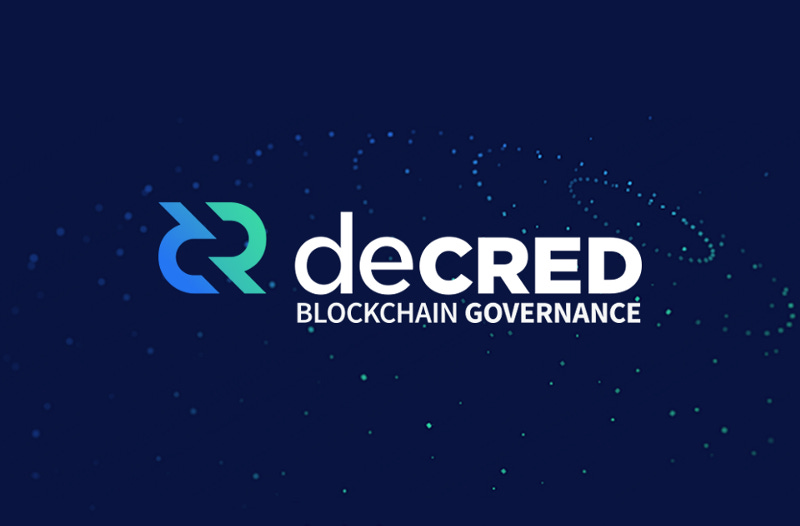
The Crypto Project that I believe is building an Ethical Open-source Finance Platform
I have read a lot of crypto white papers since I started investing in cryptocurrencies and once I delved a little deeper I found very few of these were acting with the best interests of their communities or the ethos of a fairer monetary system for all.
However, there is one project that currently demonstrates a large majority of these attributes. I believe that Decred (DCR) is the best-placed cryptocurrency to make an impact on open-sourced finance in the future as it has actively built a community around the principles of good governance and sound money.
Why is the open-source blockchain important for finance?
This is simple, everything can be tracked in an open and transparent way. Your money can’t be debased by excessive printing and the rules are the same for everyone.
Final Disclaimer — Please note that the above research is not financial advice and you should always do your own due diligence before investing your money. Investments can go down as well as up and cryptocurrencies are typically volatile assets.
The views expressed in this article are that of the author and based on the authors own research and investigation. The author is happy to receive comments, feedback, edits and likes for this channel to help evolve the open nature of the discussion.
DCR Donation Address: DsahjKtXPeMFqN5AXr3Vim5TMDYAGdhPKqj


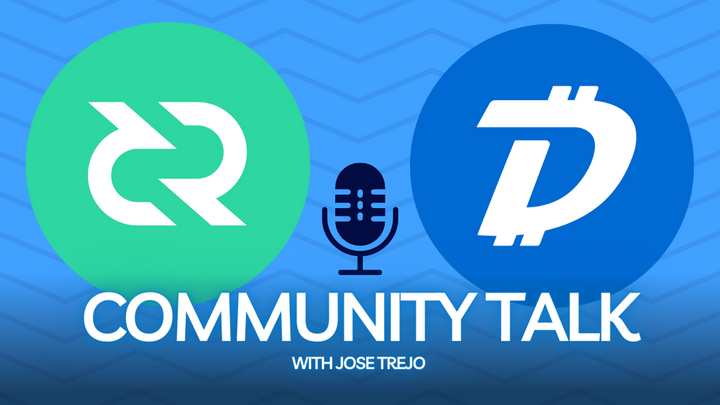
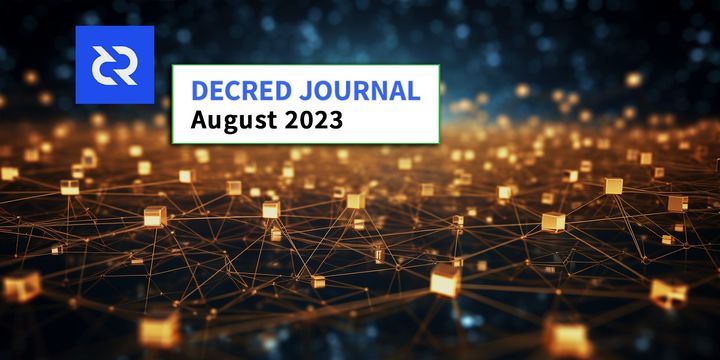
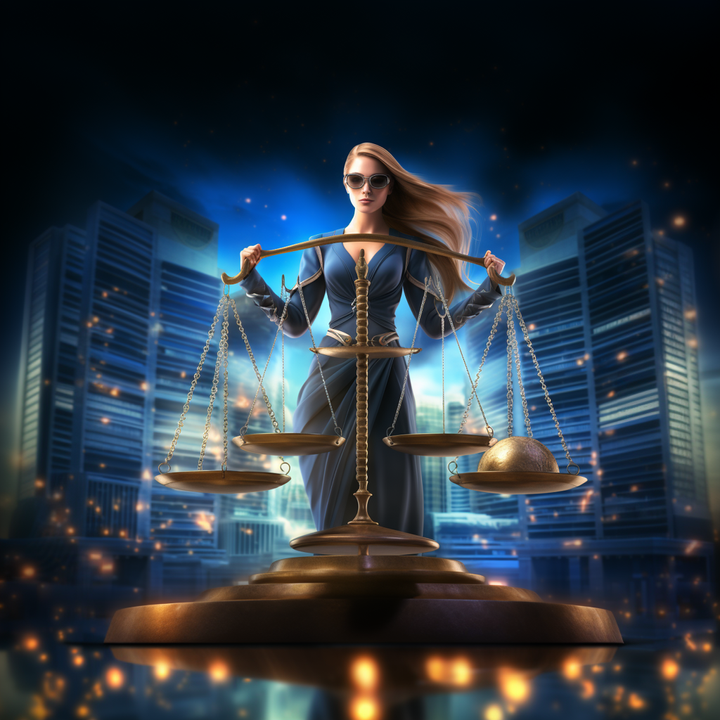
Comments ()